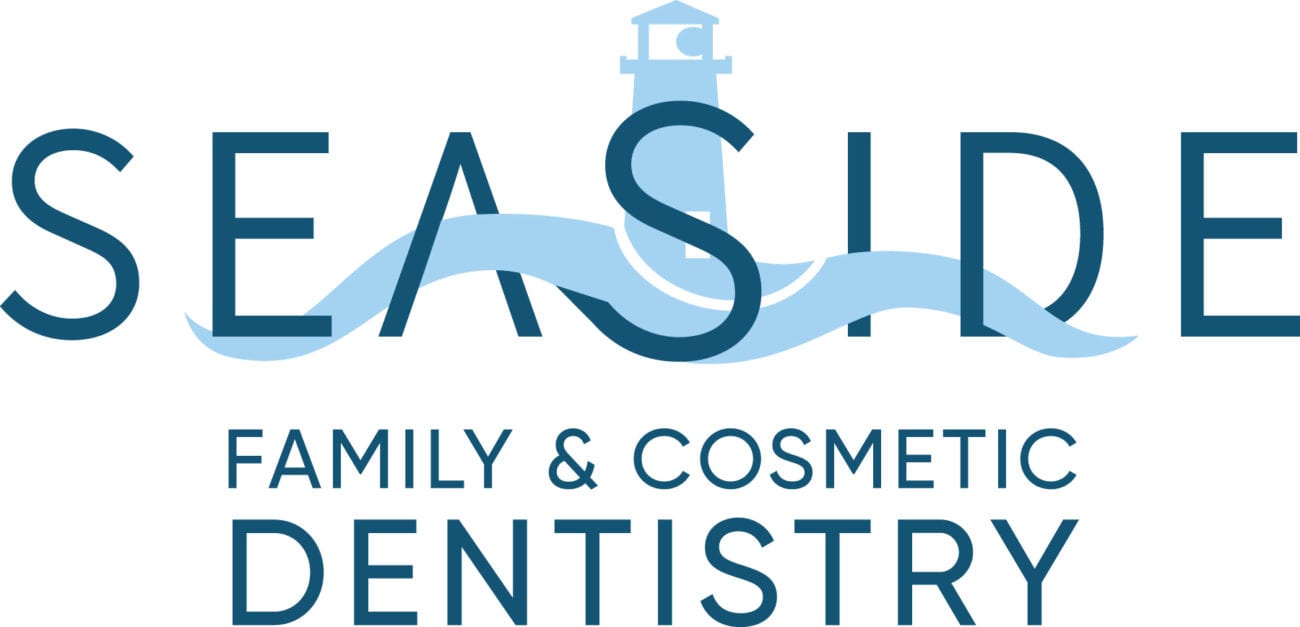Jaw pain can be a distressing experience, affecting daily activities like eating and speaking. Understanding when to see a dentist is crucial for effective management. Jaw discomfort can be caused by a wide range of dental conditions and lifestyle factors. Taking the time to identify the cause of your jaw pain can help you make an informed decision about your oral health and treatment.


Understanding Jaw Pain
Jaw pain varies significantly in intensity and duration. It can manifest as a dull ache or a sharp, stabbing sensation. Several factors can contribute to pain, making it essential to identify the underlying cause. Common causes include temporomandibular joint (TMJ) disorders, teeth grinding (bruxism), and arthritis.
TMJ disorders often result from stress, misalignment, or injury. Teeth grinding, often occurring during sleep, can wear down enamel and strain jaw muscles. Arthritis in the jaw can lead to inflammation and stiffness, further exacerbating pain. Dental issues like cavities, gum disease, or abscesses can also lead to jaw discomfort. Identifying the root cause is essential for effective treatment and long-term relief.
Recognizing Symptoms of Jaw Pain
Jaw pain often presents with other symptoms that can help in diagnosis. You might experience clicking or popping sounds when opening or closing your mouth. This could indicate a TMJ disorder. Difficulty chewing or opening your mouth wide may occur, suggesting muscle tension or joint issues. Some people feel facial swelling or tenderness, which could point to an infection or inflammation. Persistent headaches, particularly in the temples, and earaches also indicate jaw issues. These symptoms suggest it’s time to see a dentist. Ignoring them can lead to chronic pain and more severe complications.
When to Seek Immediate Dental Care
Certain situations require urgent dental care to prevent further complications. Severe pain that disrupts daily life needs immediate attention. If your jaw locks or you can’t close your mouth, see a dentist promptly. This could indicate a dislocated jaw or severe TMJ disorder. Sudden swelling or intense discomfort warrants a prompt visit, as these signs could indicate an abscess or infection. Delaying treatment can worsen the condition and lead to more invasive procedures. Immediate care better ensures a quicker recovery and often prevents long-term damage.
How a Dentist Diagnoses Jaw Pain
Dentists uses various methods to diagnose jaw pain accurately. They begin with a thorough examination, assessing your jaw movement and listening for abnormal sounds. They will ask about your medical history and any recent injuries or stressors. X-rays or MRI scans may be necessary to get a detailed view of the jaw structure. These tools help identify structural issues like bone abnormalities or tissue inflammation. A clear diagnosis leads to an effective treatment plan tailored to your specific needs. Early diagnosis could prevent the progression of the condition.
Treatment Options for Jaw Discomfort
Treatment depends on the cause of the pain and the severity of the symptoms. Dentists often recommend conservative methods first, aiming to relieve pain and improve function. They might suggest lifestyle changes such as stress management techniques or dietary adjustments. Dental appliances like night guards can prevent teeth grinding and alleviate pressure on the jaw.
In some cases, medication like anti-inflammatories or muscle relaxants proves beneficial. Physical therapy can improve jaw mobility and reduce pain. Surgery is a last resort, reserved for severe cases unresponsive to other treatments. Discussing all options with your dentist ensures the best outcome.
Preventing Jaw Pain
Prevention plays a key role in managing jaw pain and maintaining oral health. Avoid chewing gum or biting hard objects, which can strain the jaw muscles. Maintain good posture to reduce strain on your jaw and neck. Regular dental check-ups help catch issues early before they become severe. Addressing dental problems promptly often prevents further complications and pain. Practicing stress-relief techniques can reduce the risk of teeth grinding. Being proactive in your dental care routine helps prevent jaw disorders and ensures long-term oral health.
Jaw Pain Relief in Hampstead, NC
At Seaside Family and Cosmetic Dentistry, we offer comprehensive services for jaw pain and related conditions. Our experienced team provides personalized treatment plans tailored to your specific needs. Contact us today to schedule an appointment and discuss your symptoms and treatment options.
